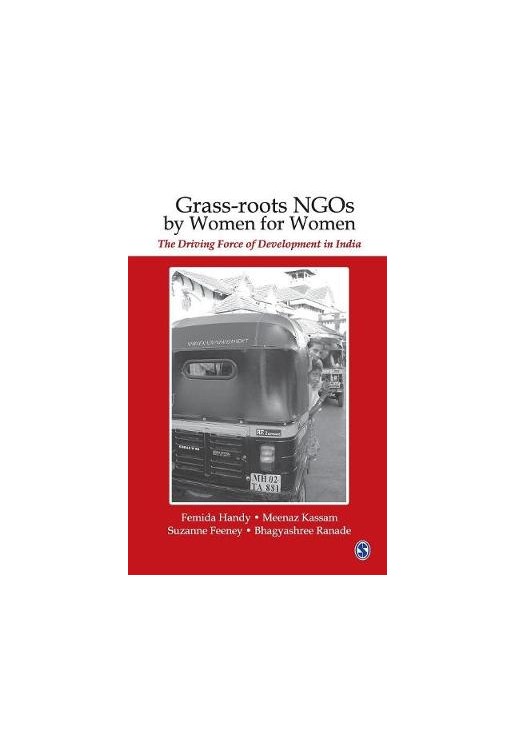Adopting an inter-disciplinary approach, this book provides an in-depth understanding of why Indian NGOs run by women for women, tend to be successful.
Based on first-hand observations spanning five years and interviews with 20 founders of NGOs, this book explores the factors that motivate and facilitate women entrepreneurship in the development sector. It examines the organizational structures that have evolved based on feminist ideology and the services provided (e.g. self-help groups and micro-finance).
The authors also discuss the social impact of these NGOs in promoting both development and women's empowerment. They show how small NGOs are particularly effective in garnering support from the grass-roots and in tapping the knowledge base of local communities. Overall, the authors find that women entrepreneurs act as facilitators with a unique leadership style and that they encourage community-based movements grounded in local issues. As a result, these NGOs are successfully changing the landscape of rural poverty in India while ushering in sustainable development. The book examines the factors that motivate and facilitate women entrepreneurship in the development field.... The author also discuss the feminist and collectivist aspect of organization in contrast to the rigid hierarchical structures of the mainstream groups. -- Gender, Technology and Development The empathy with which this study has been carried out and the lucid manner in which it has been presented make this book a valuable addition to the all-too-scanty documentation on small grassroots NGOs. -- Indian Journal of Human Development This book has a refreshingly new and inter-disciplinary approach, examining women leaders of NGOs as entrepreneurs in non-profit initiatives.... [A] scholar and the layperson alike will appreciate the book's narrative-rich and accessible style. -- Contemporary South Asia This fascinating book captures some of the cultural distinctiveness of the nongovernment organizations (NGOs) in India and illuminates them within a feminist context and with concepts and literature familiar to Association for Research on Nonprofict Organizations and Voluntary Acton (ARNOVA) readers. -- Nonprofit and Voluntary Sector Quarterly
Preface
Introduction
I: WOMEN ENTREPRENEURS: WHO ARE THEY?
Narratives
The Lesson of the Cow: Sindhutai - Saptasindhu
A Woman for all Women: Medha Samant - Annapurna
II: ORGANIZATIONAL STRUCTURES: DOES A FEMINIST IDEOLOGY MATTER?
Narratives
From Protests to Empowerment: The Nari Samata Manch
Transitions: Swadhar Pune
III: SOCIAL IMPACT: WHAT MAKES FOR SUCCESS?
Narratives
Off the Beaten Path: Chaitanya
Harmonious Communication: Susamvad
Microfinancing: Chaitanya
Microfinancing: Annapurna Mahila Mandal
Political Empowerment: Influence, Independence, and Courage
Conclusion
References and Select Bibliography
Index


